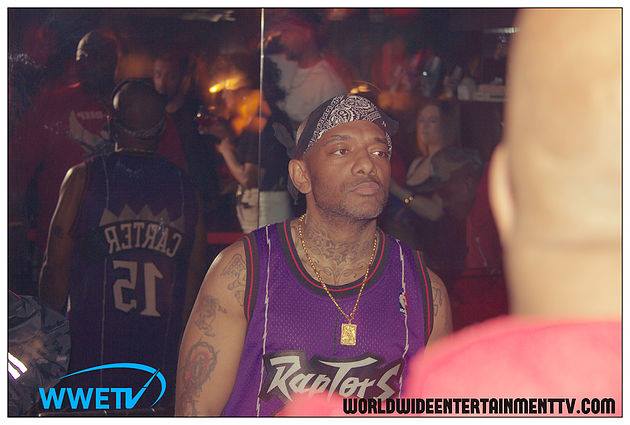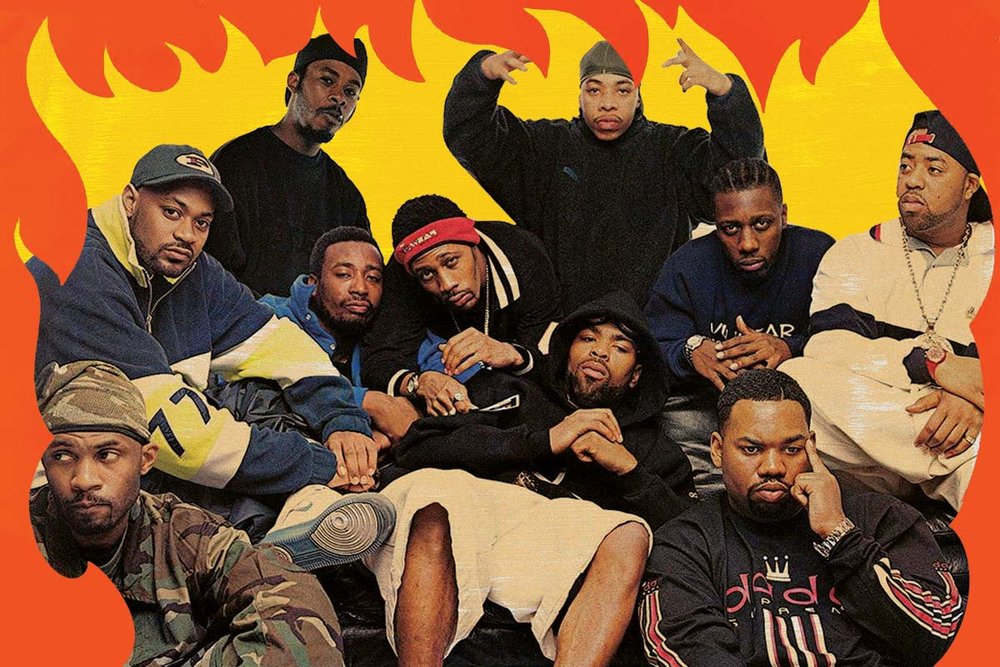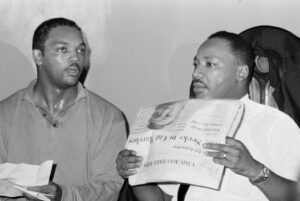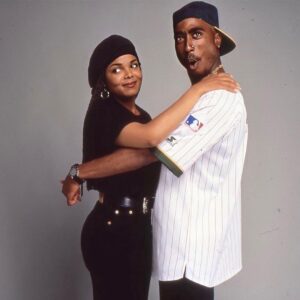Hip-Hop’s Health Crisis: Why Black Men Are Dying Too Young
The Silent Crisis: Deaths of Hip-Hop Artists Reveal the Alarming State of Black Men’s Health
A Pattern Too Painful to Ignore
Over the last few years, the hip-hop community has been forced to confront an unsettling truth — too many of our icons are dying too young. Beyond violence or tragedy, an increasing number of beloved artists are being taken by health-related issues before even reaching 60.
From DMX (50) to Coolio (59), MF Doom (49) to Phife Dawg (45), the list keeps growing. Each death isn’t just a personal loss — it’s a warning about the overlooked health crisis affecting Black men in America, especially within the high-stress world of entertainment.
Gone Too Soon: A Roll Call of Lost Legends
-
DMX (50) — A powerhouse of raw emotion and faith, DMX’s struggles with addiction and mental health were as public as his redemption arcs. His death in 2021 sparked global mourning and renewed conversations about trauma, pain, and coping in Black communities.
-
Coolio (59) — The “Gangsta’s Paradise” rapper passed from cardiac arrest, a stark reminder of how heart disease remains one of the leading causes of death for Black men.
-
MF Doom (49) — The underground legend’s death shocked fans, as he quietly battled health complications kept private until after his passing.
-
Craig Mack (47) and Nate Dogg (41) — Both gone far too early, their deaths linked to heart failure and strokes, which disproportionately affect Black men.
-
Prodigy (42) — A lyrical genius who openly spoke about his lifelong battle with sickle cell anemia, his death in 2017 brought rare attention to the disease — one that primarily affects African Americans.
-
Shock G (57) and Black Rob (51) — Each battled chronic illnesses and the stress of an unforgiving industry.
-
Irv Gotti (54), DJ Mister Cee (57), Rico Wade (52), Trugoy the Dove (54), Phife Dawg (45), Biz Markie (57), and most recently D’Angelo (51) — all names etched into hip-hop history, all gone before their time.
This pattern reveals more than coincidence — it reveals crisis.
A Community Under Pressure
My thoughts are fragmented.
“Lady” is the 2nd most played song in my entire music collection. Wow.
You have a whole 3 songs in my Top 25 most played songs.
I was so inspired by you. Many were. Many more will be.
The first 2 albums were really impactful for me coming up in the… pic.twitter.com/0rmhUuBN1w— Keri Hilson (@KeriHilson) October 14, 2025
The entertainment world often celebrates strength, wealth, and resilience — but behind the image lies exhaustion. Black male artists face unique layers of pressure:
-
Socioeconomic trauma and survivor’s guilt
-
Racism and systemic barriers to healthcare access
-
Unrelenting touring schedules, poor diet, and lack of rest
-
Mental health struggles masked by fame and hyper-masculinity
Even with money and success, many Black entertainers avoid medical checkups until it’s too late — a reflection of deep mistrust in the healthcare system, built on decades of inequity and neglect.
A 2023 CDC report found that Black men have the lowest life expectancy of any demographic group in the United States, living on average five to seven years shorter than their white counterparts. Heart disease, diabetes, hypertension, and chronic stress are recurring culprits.
View this post on Instagram
The Hidden Cost of Cultural Greatness
Hip-hop’s origin was survival — turning pain into poetry, oppression into expression. Yet the same fire that fuels brilliance can also burn the vessel that carries it.
DMX rapped about demons, Phife Dawg wrote about diabetes, and Black Rob used his final moments to thank fans from a hospital bed. These men gave the world their truth, even as their bodies broke down under the weight of fame, expectation, and untreated pain.
When the Music Stops: The Need for a Health Revolution
The deaths of these artists should not just spark nostalgia — they should ignite change.
We need:
-
Culturally competent healthcare outreach targeting Black men
-
Mental health initiatives specifically within the entertainment industry
-
Community-based programs promoting early screenings for blood pressure, diabetes, and heart disease
-
Faith and mentorship circles that normalize healing and vulnerability
Industry leaders, labels, and media platforms all share responsibility. Conversations about contracts and streams must also include health insurance, therapy access, and preventative care.
Honoring Legacy by Preserving Life
Every time we lose a legend before 60, we lose more than music — we lose fathers, mentors, and voices that helped define generations.
As we remember D’Angelo, DMX, Biz Markie, Coolio, and so many others, we must turn mourning into movement. The rhythm of hip-hop has always been about truth — and the truth right now is that Black men’s health is in crisis.
The next verse in this story shouldn’t be another obituary — it should be a breakthrough.
Call to Action
🖤 Check on your brothers. Encourage checkups. Talk about stress, diet, and faith.
🎙️ For every beat that inspired us, let’s fight for the heartbeat of the culture itself.
D’Angelo, Richard Roundtree, and Chadwick Boseman are among the Black men we’ve lost to gastrointestinal cancers such as colon and pancreatic cancer. These diseases are taking too many of our icons. Please get regular screenings 🥺🙏🏾 pic.twitter.com/FlYwMsdgR8
— The Culture Vibes (@theculturevibes) October 14, 2025
Share this content:














Post Comment